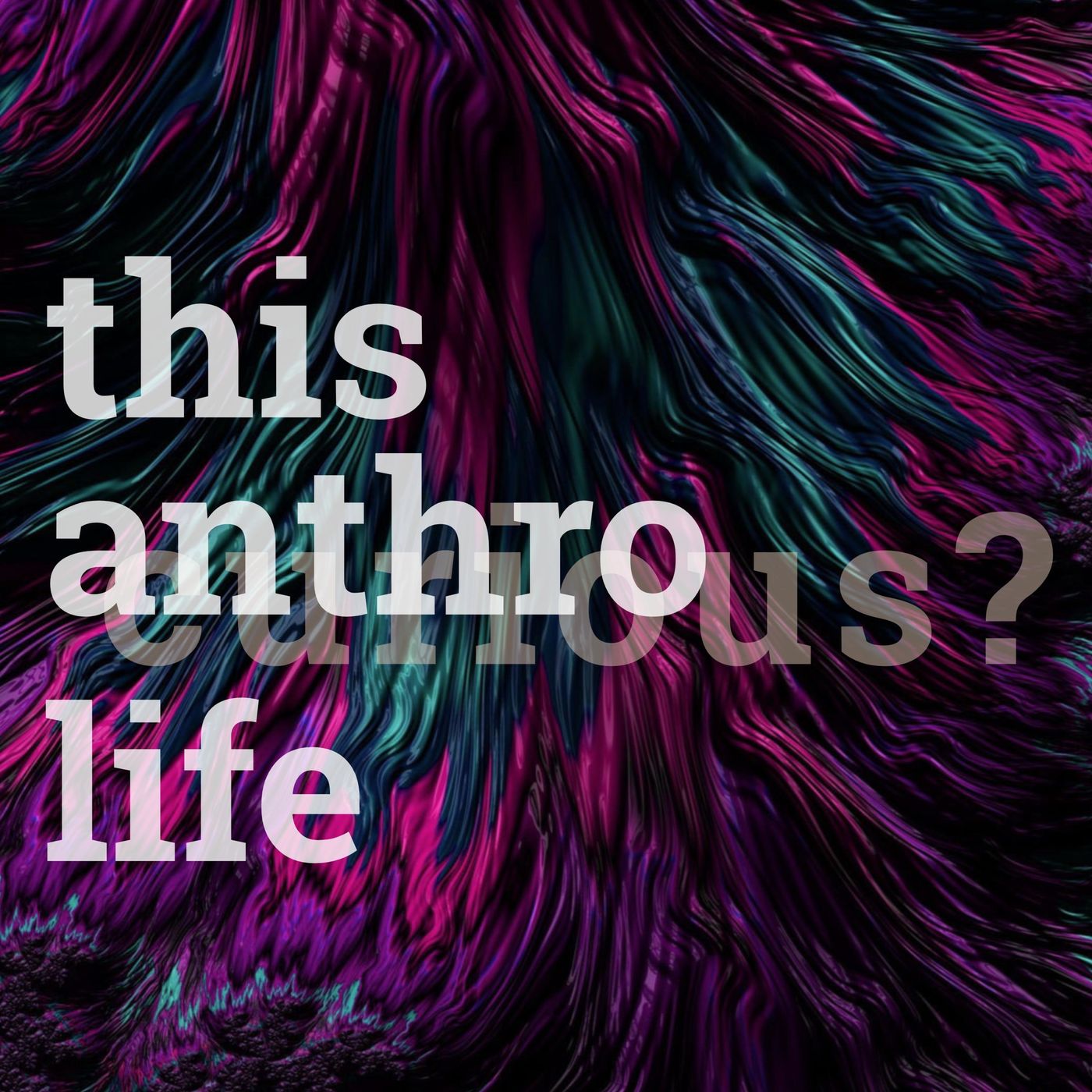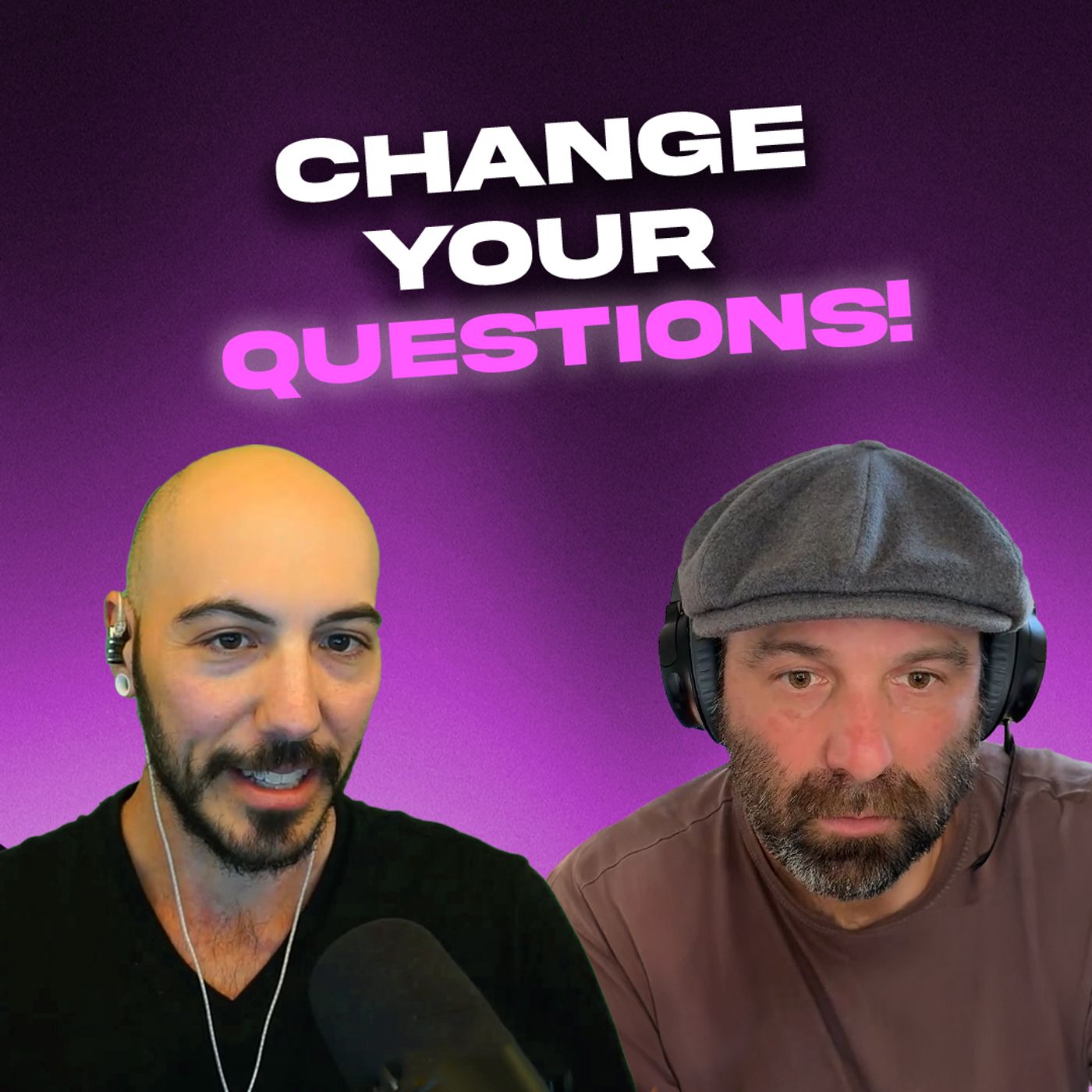Microdosing & Leadership: How does it work? with Paul Austin


In this podcast episode, Adam hosts Paul Austin, founder of Third Wave, to discuss his journey with psychedelics, microdosing, and the intersection with leadership and personal development. Paul shares his personal background, from growing up in a...
In this podcast episode, Adam hosts Paul Austin, founder of Third Wave, to discuss his journey with psychedelics, microdosing, and the intersection with leadership and personal development. Paul shares his personal background, from growing up in a traditional Midwest home to experimenting with cannabis and psychedelics which led him to explore the boundaries of life and eventually start Third Wave.
The conversation covers the impact of psychedelics on mental health, their ability to disrupt entrenched patterns, and their role in enhancing creativity, focus, and relational skills. Paul emphasizes the importance of safety, intention, and integration in psychedelic experiences, and discusses the future of psychedelic accessibility and legality in the U.S. and globally. The discussion also delves into microdosing protocols, the differences between LSD and psilocybin, and how these practices can benefit leaders by fostering neuroplasticity, courage, and a reevaluation of success.
Finally, Paul shares his vision for the future of psychedelics, including creating accessible, secular, global retreat centers for psilocybin mushrooms, inspired by the free model of Vipassana meditation centers.
I'm Adam Gamwell as a cultural anthropologist and award-winning media creator, I specialize in storytelling.
My diverse background spans startups, nonprofits, cultural organizations, and Fortune 1000 companies, focusing on applied strategy, experience design, and human insights. My approach blends experiential research, like engaging with Peruvian quinoa farmers for climate change initiatives, with cutting-edge tools like AI and trends foresight.
By leveraging big data alongside traditional ethnography, I align human needs with business goals, ensuring projects resonate profoundly. About This Anthro Life This Anthro Life is a thought-provoking podcast that explores the human side of technology, culture, and business.
We unravel fascinating narratives and connect them to the wider context of our lives. Tune in to https://thisanthrolife.org and subscribe to our Substack at https://thisanthrolife.substack.com for more captivating episodes and engaging content.
Time Stamps:
00:00 Intro
02:40 The Origin Story of a Psychedelic Advocate
09:30 The Cultural Shift in Psychedelic Perception
15:20 Psychedelics in History and Modern Times
22:21 Microdosing Explained: Protocols, Benefits, and Considerations
29:14 The...

Austin
Paul Austin is the longest and youngest standing entrepreneur in this space. He’s focused on the overlap between psychedelics and professional development. Training program is targeted towards that goal. Participants have themselves had meaningful psychedelic experience and want to integrate that into their business practice and want a credible leader in the space.
How did he get his start? He got his start at age of 16 his dad sat him down to address his weed smoking. Started psychadelics at 19 and through those journeys they allowed him to release some of the shame and guilt he’d been raised in within a fundamentalist religious family. Decided then to commit to a cultural mission to change the cultural perceptions of these substances so people wouldn't be intimidated but could use it as true medicine to help them. His mission is to highlight the benefits and pros and cons and empower people to make their own decisions.


















































